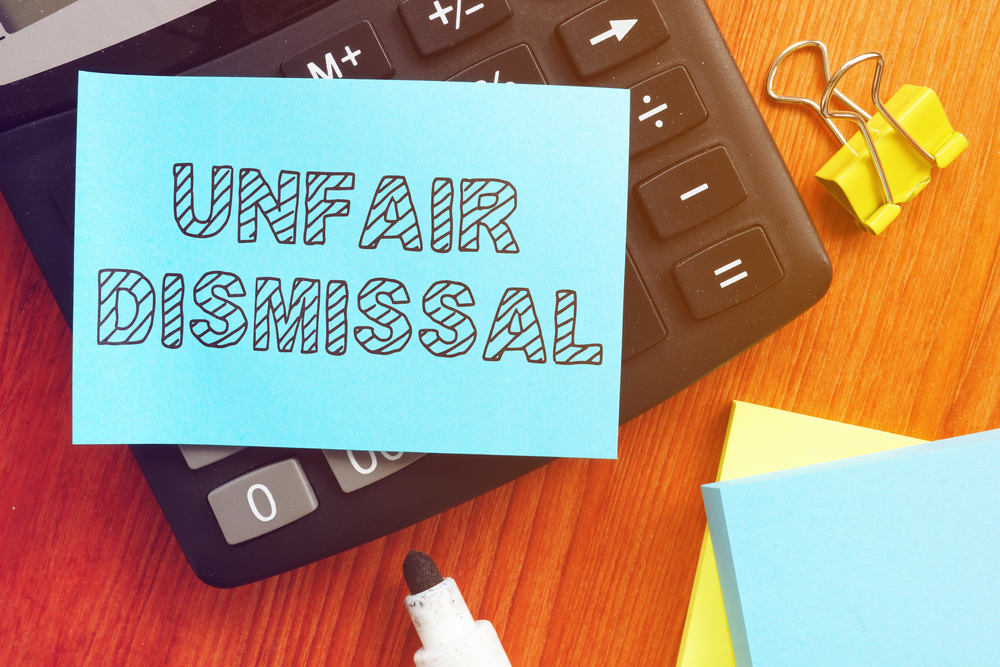Employment Discrimination Lawyer
In today’s society, workplace diversity and equal opportunities for all employees are crucial for fostering a fair and inclusive work environment. Unfortunately, employment discrimination remains a persistent issue that affects individuals based on their race, gender, age, disability, religion, and other protected characteristics. This blog article explores different forms of employment discrimination and provides strategies that victims can employ to effectively respond to these unjust practices. As an experienced employment discrimination lawyer from Disparti Law Group explains – by empowering themselves with knowledge and taking appropriate action, victims can work towards a more equitable workplace.
Understanding Forms of Employment Discrimination
Racial Discrimination: Racial discrimination occurs when individuals face unfair treatment or opportunities due to their race or ethnicity. It can manifest through discriminatory hiring practices, differential treatment, racial slurs, or biased performance evaluations.
Gender Discrimination: Gender discrimination involves treating employees unfairly based on their gender. This can include unequal pay, denial of promotions, sexual harassment, or a hostile work environment based on gender stereotypes.
Age Discrimination: Age discrimination refers to unfair treatment based on an individual’s age, typically targeting older employees. It can include age-related comments, refusal of employment opportunities, or termination based on age.
Disability Discrimination: Disability discrimination occurs when individuals with disabilities face unequal treatment or are denied reasonable accommodations. This can range from physical barriers to exclusion from certain job assignments or promotions.
Religious Discrimination: Religious discrimination involves treating individuals unfavorably due to their religious beliefs or practices. It can include refusal to accommodate religious practices, harassment, or exclusion from job opportunities.
Strategies for Responding to Employment Discrimination
Educate Yourself: Understanding your rights and the applicable employment laws is crucial. Familiarize yourself with the anti-discrimination laws in your jurisdiction, such as the Civil Rights Act, the Americans with Disabilities Act, and the Equal Employment Opportunity Commission guidelines.
Document Incidents: Maintain a detailed record of discriminatory incidents, including dates, times, locations, individuals involved, and any witnesses. This documentation will be valuable when reporting the discrimination or in potential legal proceedings.
Seek Support: Reach out to trusted colleagues, friends, or family members who can provide emotional support and guidance during this challenging time. You may also consider consulting with an experienced employment law attorney who specializes in discrimination cases.
Follow Internal Procedures: Many companies have policies and procedures in place to address discrimination complaints. File a formal complaint with your employer’s HR department or follow the established reporting channels. Ensure that your complaint is in writing and keep a copy for your records.
File a Complaint: If internal procedures fail to resolve the issue, you can file a complaint with the appropriate government agency, such as the Equal Employment Opportunity Commission (EEOC) in the United States. The agency will investigate your claim and may initiate legal action on your behalf.
Seek Legal Action: Consulting with an employment law attorney is essential to understand your legal options and determine the best course of action. An attorney can guide you through the process, negotiate on your behalf, or represent you in court if necessary.
Focus on Self-Care: Dealing with employment discrimination can be emotionally draining. Take care of yourself by engaging in activities that help reduce stress and maintain your well-being. Seek support from counseling services or support groups if needed.
Employment discrimination is a persistent problem that requires vigilance and proactive responses from victims. By understanding the various forms of discrimination and implementing effective strategies, individuals can challenge these unjust practices and work towards a more inclusive workplace. Remember to document incidents, seek support, follow internal procedures, file complaints with relevant agencies, and consult with an employment law attorney to protect your rights and seek justice. Together, we can strive for equal opportunities and a discrimination-free work environment.
